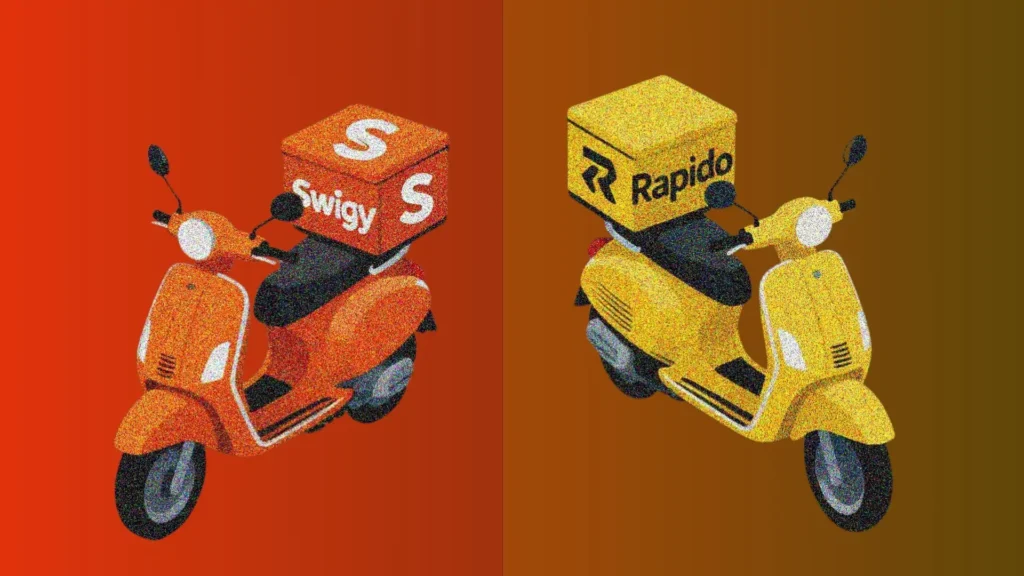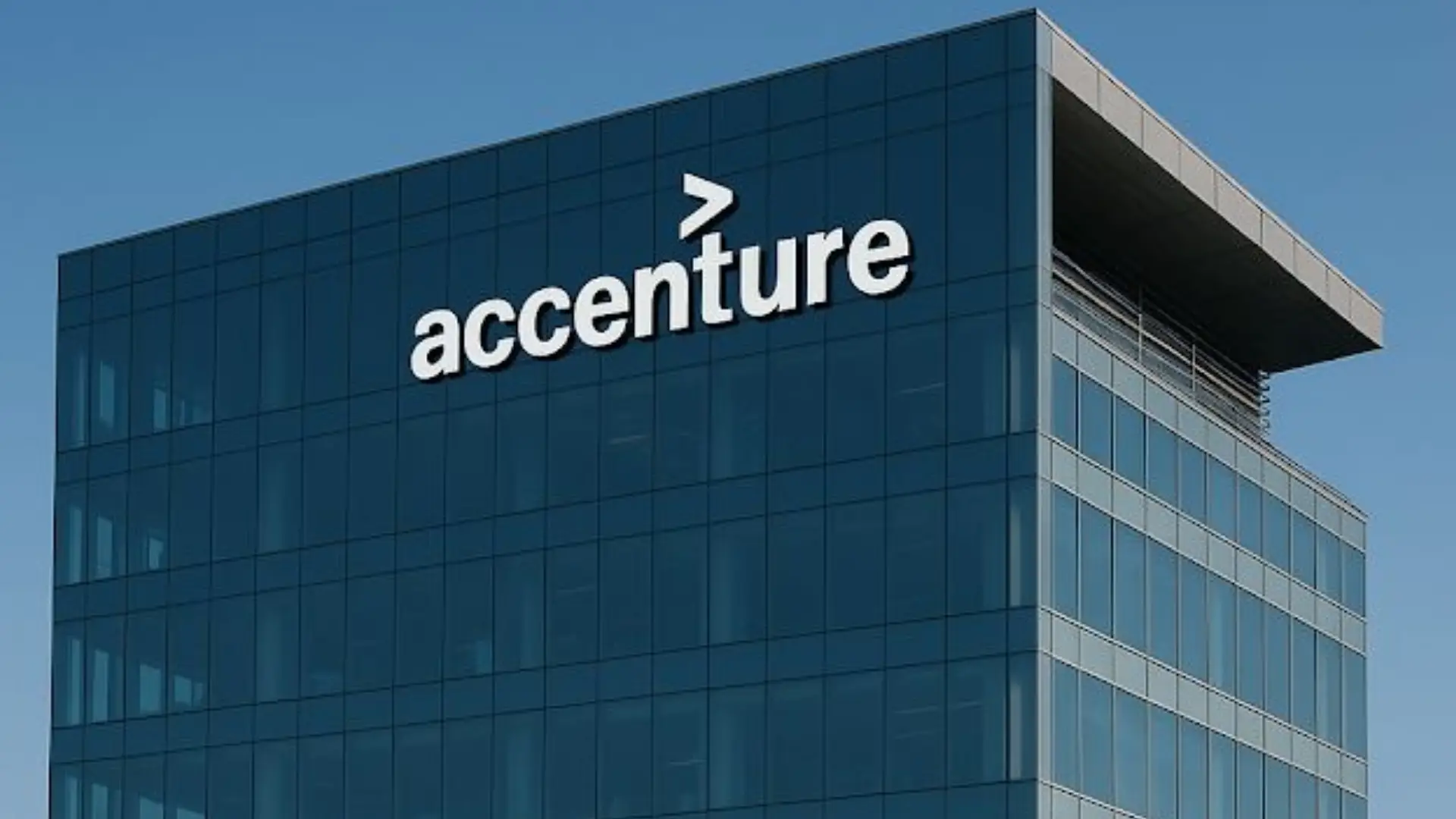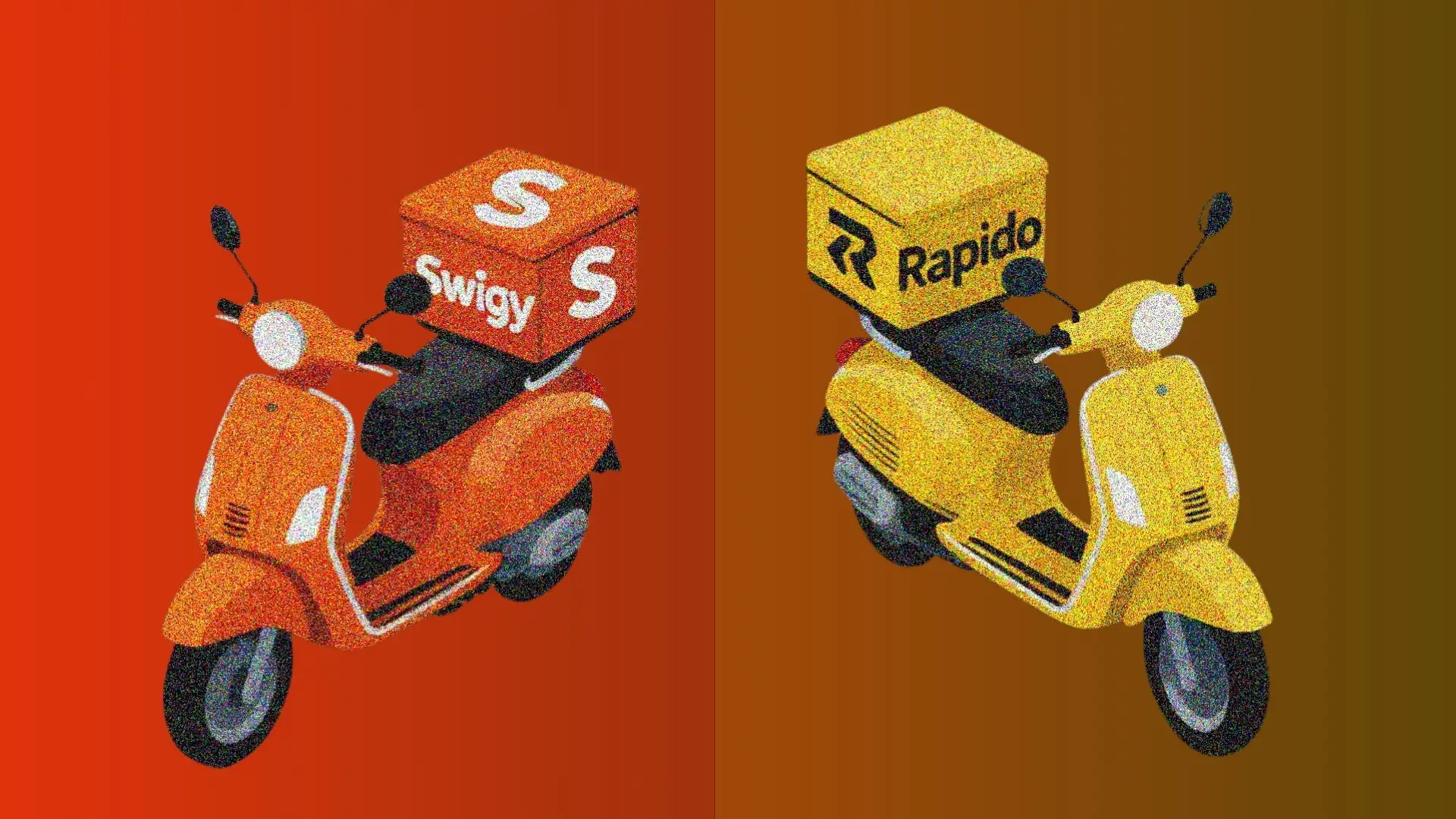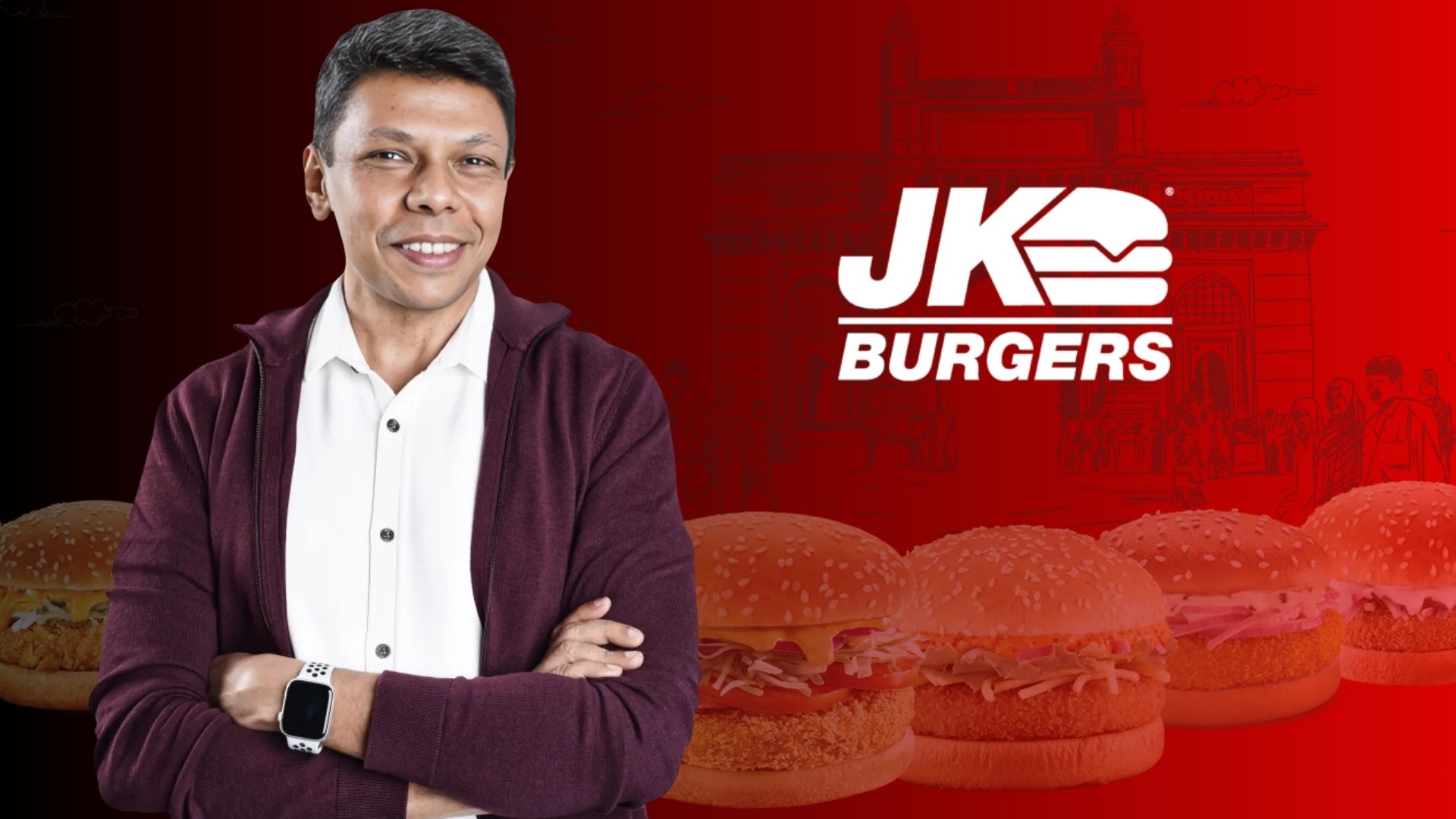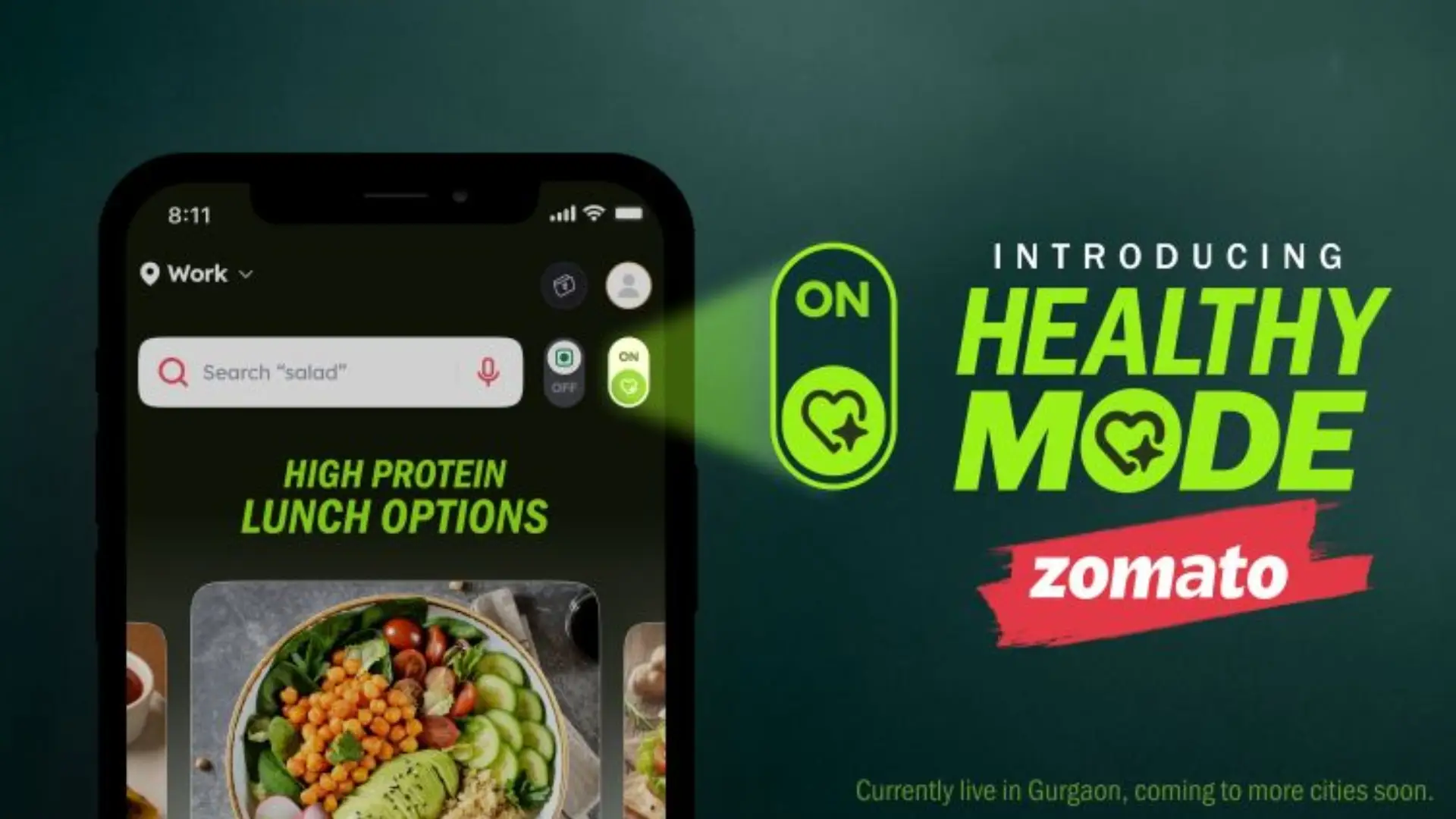The Indian startup ecosystem is so competitive, which makes it hard for startups to achieve profits. Almost all startups have huge funding, which enables them to burn a lot of money to advertise and get the scale they need. Sometimes it does help, but many times it won’t help them.
Now there are two segments of the startup ecosystem where we often see huge activity or huge revenues. But 90% of the startups in that segment are loss-making and not even making profits except for very few players.
Now if we dig into the two segments, we have ride-hailing startups such as Ola, Uber, and Rapido and then the food-delivery & quick-commerce startups such as Zomato, Swiggy, Zepto, and Bigbasket.
Now, the startups from different segments are coming to the similar fields to battle. Rapido, which is a ride-hailing startup, is entering the food-delivery business. Interestingly, Rapido was backed by Swiggy, and now Rapido is entering and becoming a direct competitor. Interesting, right?
So, there is recent news that made it to headlines, which is about Swiggy selling its stake in Rapido. Rapido, traditionally known for its bike-taxi services, has recently ventured into the food delivery market with its new platform, ‘Ownly.’ This move positions Rapido as a direct competitor to Swiggy, especially in smaller cities where Rapido offers lower commission fees to restaurants. Such competition could potentially erode Swiggy’s market share and margins.
In response, Swiggy chose to sell its stake in Rapido, not to eliminate a competitor but to avoid potential conflicts of interest. By exiting Rapido, Swiggy can focus on its core business without the complexities of overlapping interests in the food delivery space.
Swiggy’s recent decision to divest its entire 12% stake in Rapido for ₹2,400 crore (approximately $270 million) has sparked discussions about its motivations. While some view this as a strategic move to eliminate competition in the food delivery sector, if we dig deeper, it is much more than that.
Let’s see this from the Swiggy business perspective and not just the competition. Swiggy got listed in the stock market and raised some millions of dollars. It gave a good exit for its existing investors, and after listing, it somehow faced some troubles.
But apart from the performance of its stock, if we look deeper into its financials. It is still suffering with losses. Swiggy is now competing with Zomato in food delivery, and with its quick-commerce vertical, it is facing tough competition from Blinkit, Zepto, and Big Basket. While Swiggy still had a good market share in food delivery, when it comes to quick commerce, it is still much lesser.
Analysts have highlighted that the company requires over $500 million to sustain and grow Instamart, its quick commerce division. But it had already finished its IPO, and the option of raising money from the public was already finished. Well, there are more options to raise money, but further, it dilutes the stake in the company and often impacts its valuation.
Now if we first understand why they need money. It arises from the high operational costs. Expanding dark stores, logistics, and delivery infrastructure necessitates substantial investment. Rivals like Blinkit and Zepto are aggressively expanding, increasing the pressure on Swiggy to maintain its market position.
Now in order to tackle the competition and to survive the high operational costs. Now if we look from this angle, this clearly paints a picture. The ₹2,400 crore raised from the Rapido stake sale provides a temporary financial cushion. However, experts caution that this amount is insufficient to address Swiggy’s long-term capital requirements.
There is one more interesting thing happening. On September 23, 2025, Swiggy announced that it had received board approval to hive off its quick commerce arm, Instamart, into a separate, wholly owned subsidiary via a slump sale. As part of this plan, Swiggy will be transferring all assets, liabilities, employees, permits, contracts, and intellectual property related to its quick commerce business to Swiggy Instamart Private Limited, an indirect step-down wholly-owned subsidiary incorporated in India.
So, this can help in the overall operational efficiency of Instamart’s rapid delivery operations. Investors may find a standalone entity more appealing for funding rounds. This helps Swiggy to concentrate on food delivery while still nurturing its quick commerce ambitions.
Now even from the Rapido side, it helps them in increasing valuation. The sale of Swiggy’s stake in Rapido has had a notable effect on Rapido’s valuation. The transaction values Rapido at approximately $2.3 billion, a significant increase from its $1.1 billion valuation in 2024. The involvement of Prosus and Westbridge Capital indicates a strong belief in Rapido’s growth potential.
So to sum it up, Swiggy’s decision to sell its stake in Rapido is a multifaceted strategy aimed at addressing internal financial challenges and external competitive pressures.
Also Read:


